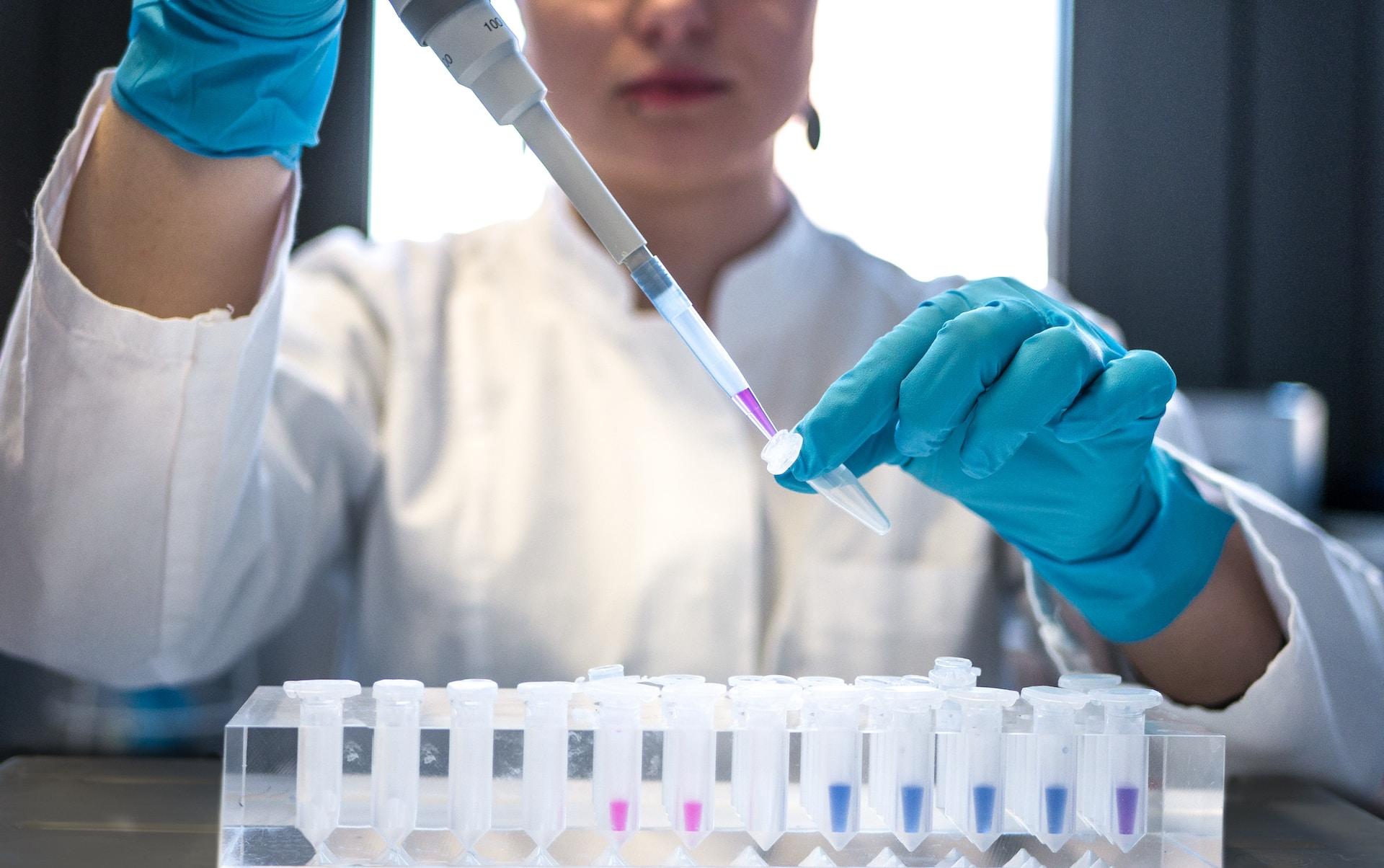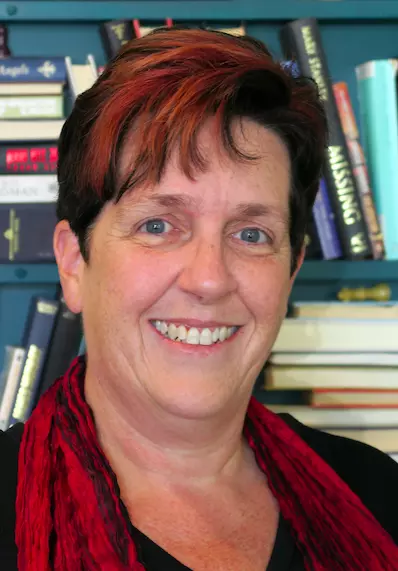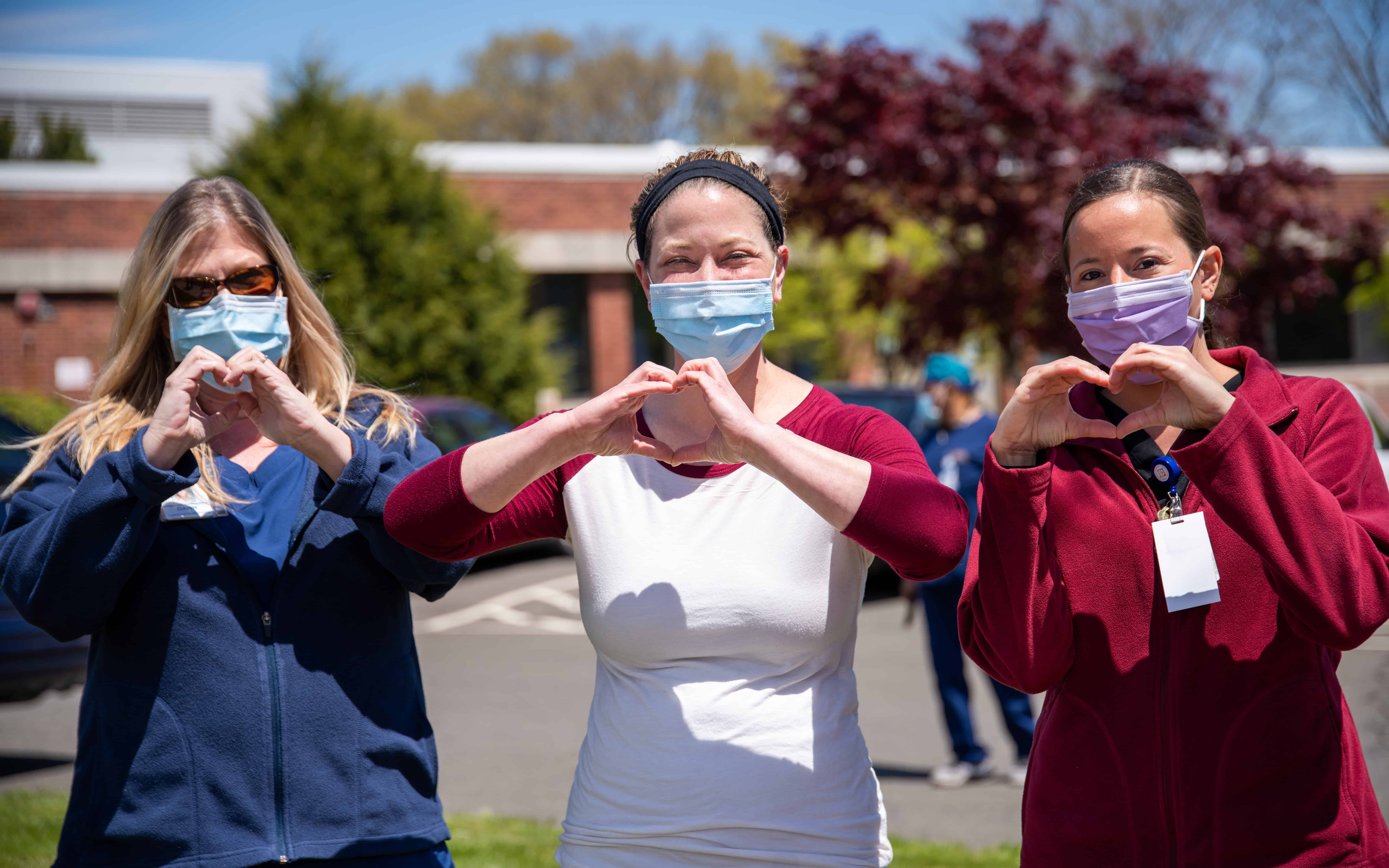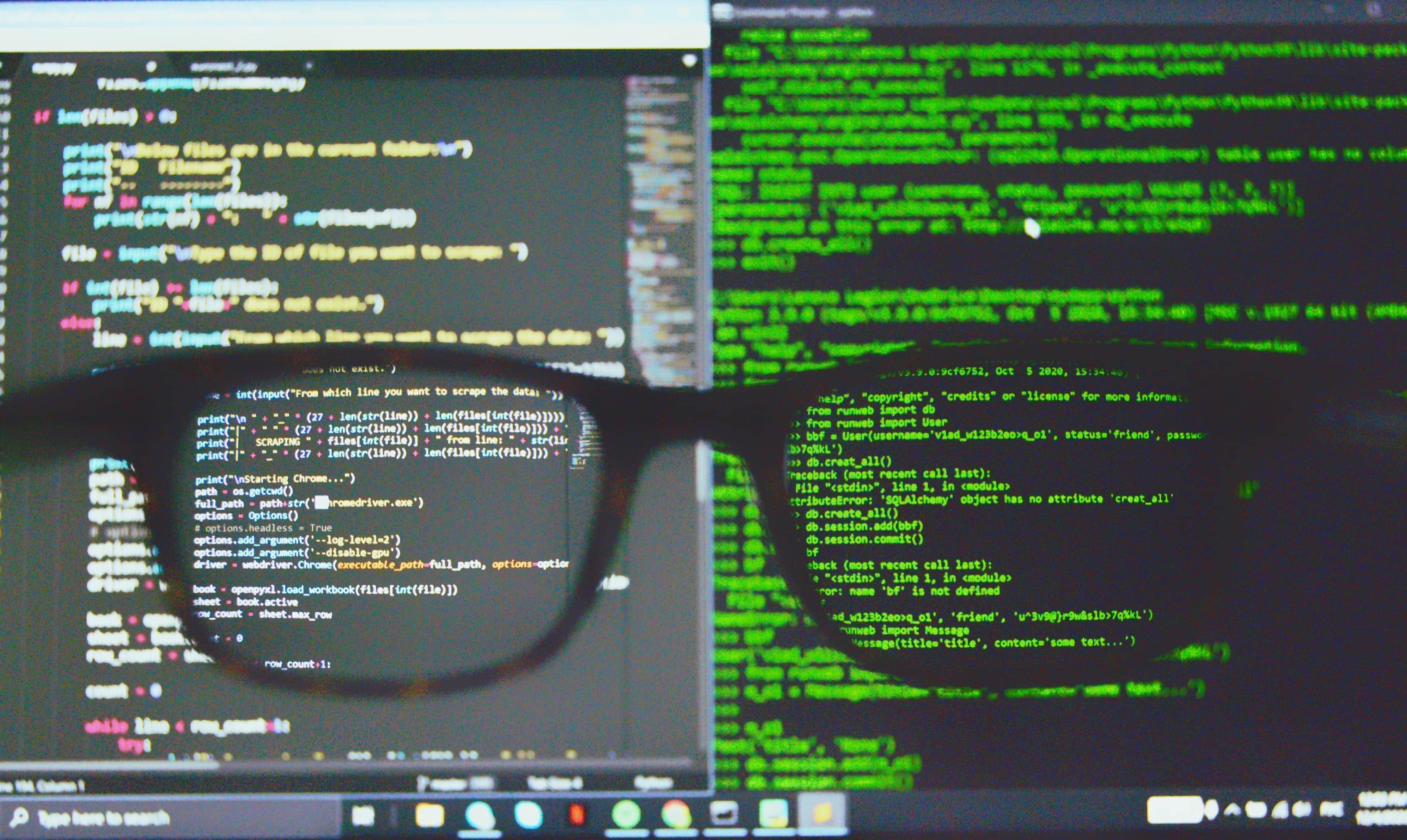Many students will remember their first practical experience with chemistry in high school, with their teacher handing out the Bunsen burners, test tubes and various liquids and great excitement as things start to boil and bubble and, sometimes, explode.
Then, there are the requirements to memorise all sorts of formulas and the periodic table and sit through lesson after lesson with their teacher talking about safety and demonstrating more advanced skills that the students are not allowed to do themselves.
Well, that was my experience as a student anyway.
But chemistry can be so much more than what you're allowed to do in high school.
If you're lucky enough to score a teacher who is passionate about chemistry, you may decide to continue with your chemistry study beyond high school, throughout your senior secondary education to the point where you decide to apply for entry into a chemistry degree — like a Bachelor of Science (Chemistry) at university or a Diploma in Science with a chemistry major.
At this point, the world of chemistry will open up and you will discover all the chemistry jobs you can do. In the interim, you may even decide that you want to help other students develop their knowledge, skills and passion by looking for work as a chemistry tutor.
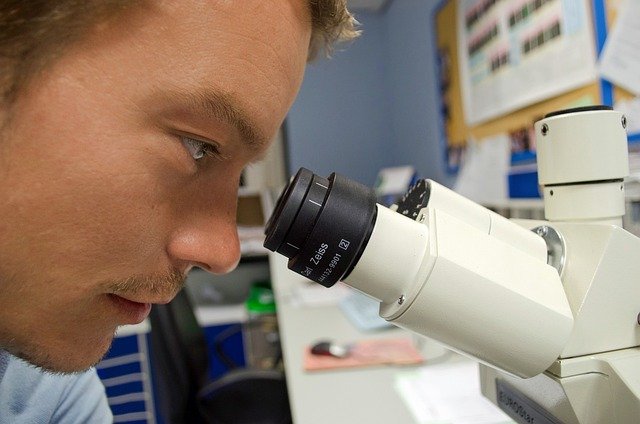
Surely, though, you need to have a Bachelor of Education degree and be a real teacher with experience to be able to tutor in Australia — especially in a complex and practical subject like chemistry?
Not so.
For sure, a large number of chemistry tutors (and tutors of maths, English, biology, physics and so on) are qualified teachers with a number of years of experience behind them — but there are an equally high number of tutors who are still university students themselves. And, they are just as effective as qualified teachers or a tutor who is currently working in the field of chemistry.
Right now, there are probably a zillion questions running through your head:
- What do you need to do to become a successful chemistry tutor?
- How do you find students?
- What content and skills should you be teaching your students?
- How much should you be charging?
We'll cover all these questions, and more, over the course of this article.

What Does it Take to Be an Effective Tutor?
There are several traits you should possess in order to make your tutoring effective for your students and enjoyable for you as the tutor.
- Professionalism
Apart from the usual professional expectations of being on time and being courteous, a professional tutor needs to have a good knowledge of course content, be familiar with the specific curriculum the student is working under and possess practical knowledge of a range of teaching and learning strategies and skills.
- Patience and flexibility
Not all students learn at the same pace, nor does every teaching strategy work for every student. As a tutor, your goal is to teach and help the student, not get through the course or degree content as quickly as you can (i.e. you're teaching the student, not the curriculum). An impatient tutor who is unable or unwilling to change their teaching style to accommodate the student will not be effective. It will also help enormously if you have good listening skills — the best way to help your students learn and progress is to listen to what they need.
- Honesty
Being open and honest with your students will not only help build rapport but it will build trust, which leads to improved learning outcomes. If you don't have the background knowledge or skills to help with a particular chemistry topic, say so. Be honest about your experience — at school, as a student, with the HSC or VCE, in your science or chemistry degree, at work — and share your stories, good and bad, with your students.
- Collaborative
These days, teaching involves teamwork. Yes, the teacher or tutor should 'know more' and have broader practical experience than their students but teachers and tutors should not be expected to know everything. Part of teaching your students how to learn involves sharing the experience and learning alongside them.

- Confidence
Obviously, a tutor needs to be confident when it comes to the subjects, they are teaching — the practical skills, the knowledge and the basic and advanced concepts. However, to find students and then charge what you are worth also takes confidence. Advertise your tutoring service everywhere and ask university tutors and lecturers to recommend you. By all means, check out what other chemistry tutors are charging but make sure you are covering your costs when you set your fees.
What about qualifications and proven teaching experience?
Do Tutors Need a Chemistry Degree?
In Australia, to work as a tutor in any subjects, there are no requirements to possess a qualification or a degree, including a Bachelor of Education or equivalent teaching degree qualification. Some tutoring agencies do require evidence of experience or qualification but many don't. Students are also within their rights to ask to see a degree or qualification but, again, most don't do this.
That being said, chemistry is a very complex subject and while a chemistry tutor may get by without a Bachelor of Education under their belt, it is likely students will want to know you have a degree in chemistry or have completed some advanced level of study in the subject, beyond high school.
The bottom line is this: when it comes to setting your rates, tutors with more experience and who possess a degree in chemistry or a Bachelor of Education with a major in chemistry can charge more (and will attract more students). However, there are also students who either can't afford top dollar or who care more about the rapport than having a tutor with buckets of experience.
At the end of the day, though, one of the main questions you want to ask yourself is: Do I really want to be teaching or tutoring a subject if the course content is out of my league?
How Do I Get Into Chemistry Tutoring?
If you want to apply for tutoring work in an agency, the best way is to put together a CV listing relevant experience with teaching, your education level and the subjects you want to tutor (chemistry, maths, physics, biology, English etc. — you shouldn't limit yourself just to one subject). Then take the CV and visit agencies or apply online.
If you want to work in a freelance capacity, you'll need to do the legwork. Create some flyers listing your relevant details and experience, and post them up in areas where chemistry students congregate — university faculty areas, university library, community spaces. It's important to include your specialisations, for example, do you focus on helping students prepare for their ATAR exam or HSC and VCE subjects? Do you specialise in study skills for new university students?
Don't forget parents who may want to get help for their high school students from Year 7 through to Year 12 — particularly older students who are preparing for the ATAR exam (HSC, VCE and other Year 12 exam programs in Australia). Try school newsletters, community noticeboards and parent and teacher associations. Remember the online space as well. Word of mouth is also a great way to find new students — so ask people to spread the word about your chemistry tutoring services and ask past students for testimonials.
What are Some Other Chemistry Jobs?
While you may love tutoring, it may not be something you see as a long-term career. Granted, there are multiple benefits to being a tutor:
- Tutoring is a great way to earn extra money while you complete your degree.
- It's also great for supplementing your income when you are working, looking for work or moving into retirement.
- Tutors can work their own hours.
- The workplace is flexible; a tutor can give each lesson online or in person.
- A tutor is continually learning as they are teaching.
- And don't forget, tutoring is always something you can return to whenever you wish.

But, what other careers are there for the graduated chemistry student?
Chemistry is the largest science discipline in Australia and while this may mean there are a lot of graduates, there are also a lot of job opportunities, both inside and outside the chemistry lab, in education, industry and research.
Most chemistry graduates gain employment in the private sector, with smaller numbers finding chemistry jobs in government agencies and others beginning their careers in a school or university.
Some of the broad chemistry fields include:
- medicine and healthcare — toxicology, clinical scientist, medicinal chemist
- environment — water quality chemist, chemical diagnostics, environment consultant
- manufacturing — materials development chemist, chemical analyst, food and drink chemist
- education — teacher, science writer, science communicator, university lecturer
- other areas — forensic science, law, computing, science journalism.
The study of chemistry opens doors. Tutoring in chemistry helps you open these doors for others. There is no greater career satisfaction.
Summarise with AI:

